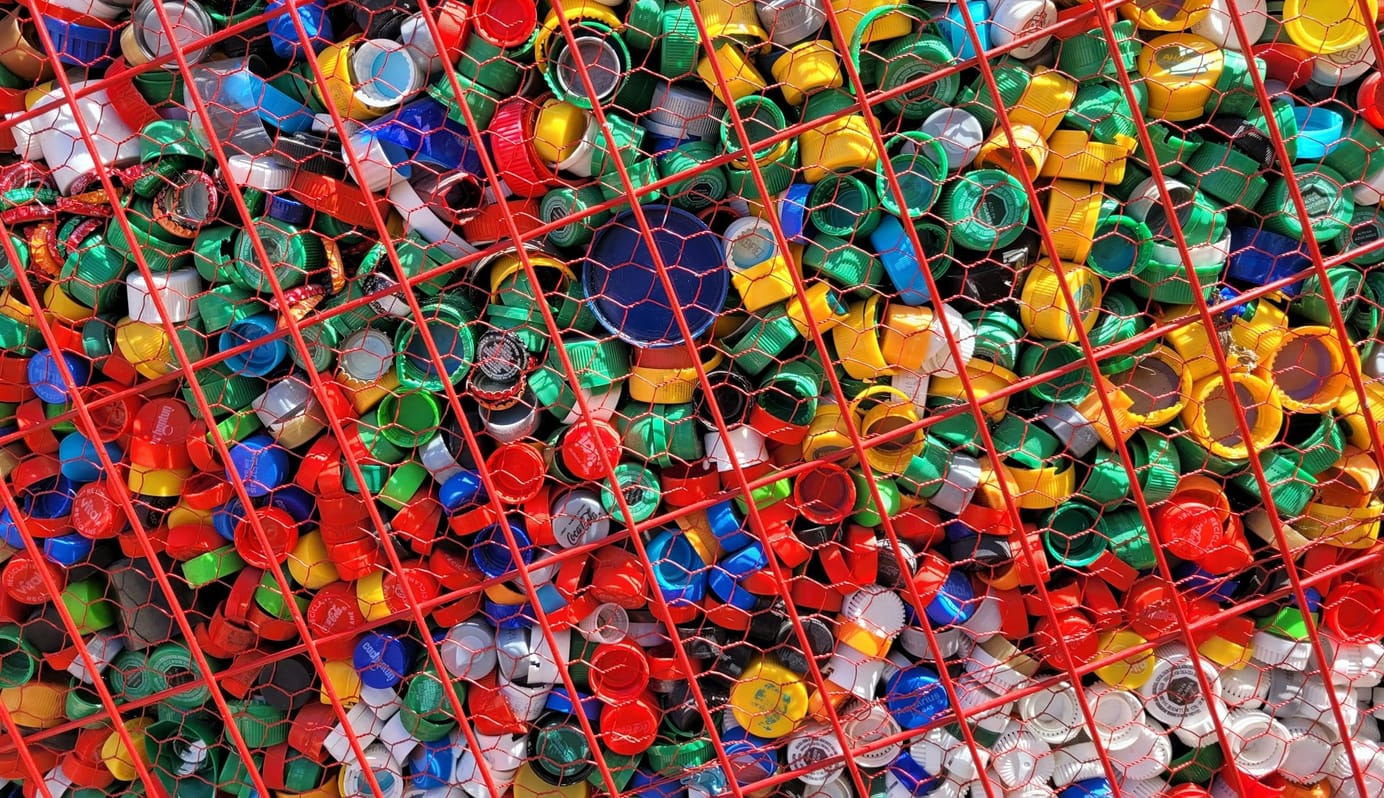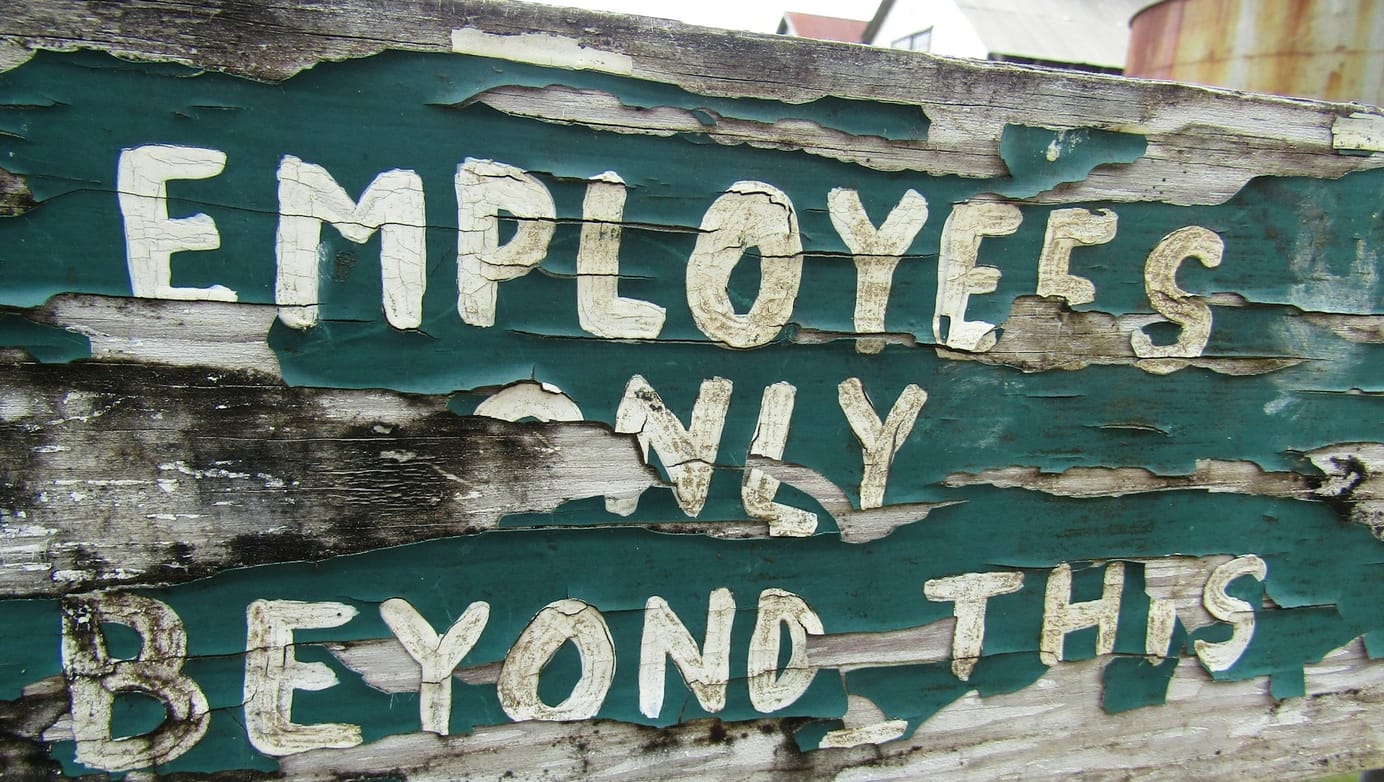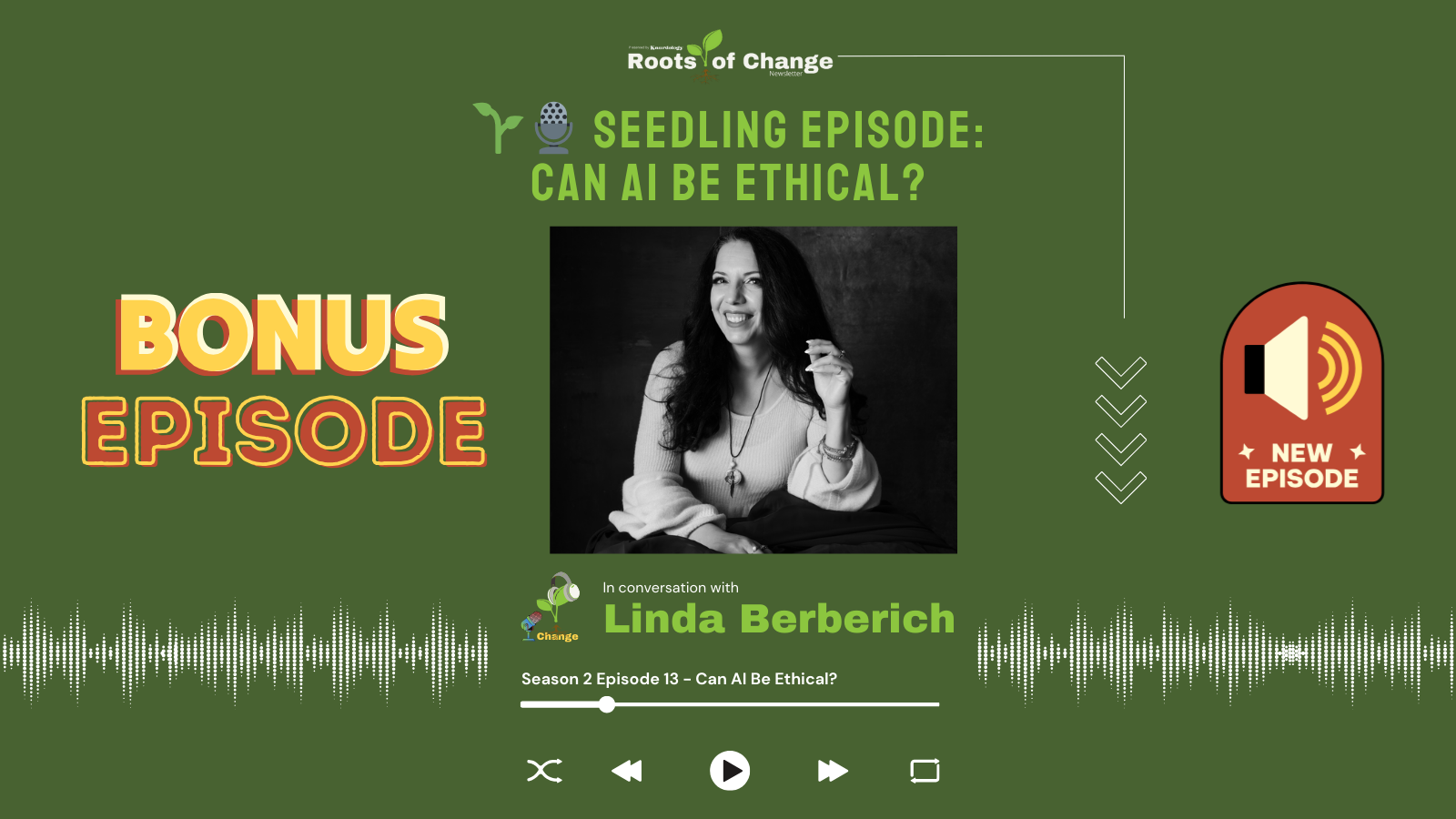
🌱 Unstoppable Plastics Growth, It's Complicated
Part II: Breaking Society's Reliance on Plastics
Table of Contents
Hey y'all! 👋🏼
Since the introduction of plastics gained steam after WWII, we've seen plastics grow to touch nearly every industry and product. The growth of plastics now seems inescapable and inevitable, but really it was simple psychology and capitalism that has brought us to the unsustainable levels of plastics today. Read on for more...
In Case You Missed It: I'm a Climate Girl, Living a Plastics Life
Can you find the plastics around you? Plastics are universal. They are in everything we create. Plastics revolutionized the medical industry with blood bags and affordable medical equipment. Plastics are in our digital devices, our automobiles, our face cleansers, and embedded in the threads of our clothes. They've helped us realize our high-tech society. Without plastic wire covers or plastics for tech devices, we would not have an internet connection at our fingertips. It's helped extend our lifespans. Blood bags and other medical discoveries helped us move away from glass and expand medical services to the public. The introduction of plastics also helped us shift away from harmful practices like using animal resources like ivory. Goods are cheaper when they are made with plastics. The impacts on our society have been massive.
"Not a single solid market for plastics in existence today was eagerly waiting for these materials." – Modern Plastics, 1956
Naturally, the benefits of plastics are also why it's become a symbol of the climate crisis and our unsustainable economic practices. The use cases for plastics are endless! Plastics are durable but flexible. They're lightweight and affordable. It can be used for huge construction materials or down to the smallest amount of microplastics in our products. Plastics can be anything for anyone and the industry has promoted this image of itself since its inception.
Most of the research I cite in today's article is based on the book, 'Plastic Unlimited: How Corporations Are Fueling the Ecological Crisis and What We Can Do About It' by Alice Mah.

The Magic Ingredient: Disposability
Sounds like a magical solution to a growing society! And that's exactly how it was billed in the 1950s when the economy was attempting to pivot from war-time saving and reusing to mass-production and disposable goods. It's easy to look back and assume that the explosion of plastic usage after WWII was inevitable. But it was a massive shift in social behavior.
"The future of the industry is in the trash can" – Modern Packaging Magazine in the 1950s
People were either coming back from the war traumatized or they were still home getting used to not having shortages and not needing to mend all of their clothes. It took decades for plastics to reach the point of unprecedented overconsumption because it took a few generations to get used to plastics and the general concept of disposability.
Companies realized cheap, disposable products could boost repeat purchases and their profits. They began to market heavily over the convenience of plastics. It took a few decades and a few regulatory scares in the 70s, but plastics soon became mainstream. Soda bottles were ubiquitous after the 1970s and plastic shopping bags made their debut in the 80s.

By the 1990s, we were hooked. As a child of the 90s, I was one of the first generations to be fully plasticized. I did not know the days of mending in the 50s or the fossil fuel pricing scares in the 70s. We were a perfect generation to push plastics on because, at least in the U.S., kids weren't taught frugality and resource-saving the way previous generations had been. The 90s was also when hyper-capitalism soared. For the kids, we had Nickelodeon and Disney Channel sending us ads for sugary cereals, putty, and all the plastic toys we did not need but desperately wanted. It was a recipe for massive plastic growth. And that's exactly what has happened since then. Our world is now overrun by plastics.
Their Game Plan: Mass Production Before We Stop Them
Despite the massive success of plastics, it will shock no one, that I'm going to pivot to the downsides of plastic. The plastics and fossil fuel industries have used marketing rather ingeniously to obscure their harms.
Their playbook is like most corporate playbooks. They will hype up the benefits and downplay the dangers, except the dangers of plastics are much bigger than most industries. Remember how plastics have helped humanity extend our lifespans? The medical technology that plastics have introduced is revolutionary and life-saving...and harmful. Studies show that those PVC blood bags have microplastics leeching out which has led to lower male fertility, breast cancer, liver cancer, and more. We are saving lives, but also dooming others. This sounds like a micro view of the macro problem with the climate crisis. It's a false choice scenario.
The plastics industry has become ubiquitous so that it can say, "It's too big to fail." But plastics are fossil fuels. The more plastics we produce, the harder it will be as a society to divest from fossil fuels. And that's kind of the point. The 'business as usual' folks want to argue that without plastics, we would be back in the stone ages. But that's a convenient and lazy argument. The all-or-nothing argument is a classic reactionary argument.
We have to first admit that we are a plastics world in 2024.
For us to deplasticize our world, we need to create the offramp to plastics. We might not be able to replace PVC blood bags tomorrow, but we can invest in research now that will pay off for future generations. We can also identify the plastic production that isn't vital to medical technology and start shifting to different resources there. Changing our world will not happen with one law or a new technology. It will happen as we envision the world that we want and get their step by step.
The plastics and fossil fuels industries obscure their harms by making the plastics problem seem insurmountable. We can fix this problem. We just need a little willpower, regulation, and lots of imagination and creativity for what is possible in the future. Next week's topic is on recycling and how the plastics industry has coopted the circular economy. See you then!
Enjoying our newsletter? Subscribe for the full monthly series, learn how to navigate 🧭 social change activism in our digital world, and support our 100% reader-supported work.

- 📚 50k Wisconsin Voters React to Gaza - In last week's primary, 50,000 Democratic voters voted “uninstructed” as a protest vote to Biden’s reaction to the War on Gaza. The organizers were expecting 20k to match the vote margin in the 2020 election.
- 🤓 The Root 🌱 - Voters are telling the Biden Administration exactly what they want: a ceasefire, Palestinians to be fed, and for the Democratic Party to uphold its own values. The clock is ticking for Biden and he’s losing in most polls. Call your lawmakers to support a ceasefire. 🍉 If you're in San Francisco, call Nancy's office! The pressure is working.
- 📚 AI Generates Country-Sized Energy - A new report from the International Energy Agency (IEA) forecasts that AI and other emerging technologies could balloon our already high energy consumption.
- 🤓 The Root 🌱 - Many climate repercussions are obscured from the public because it’s “out of sight, out of mind.” However, new technologies, like crypto, use unsustainable energy levels, despite people assuming digital is not bad for the climate.
- 📸 Censored - Many activists and creators have reported seeing their profiles and Pro-Palestinian content suppressed by Instagram. Protectpalestine.org has shared background analytics on Instagram's suppression tactics and how we can push back.
- 🤓 The Root 🌱 - Across our society, we're seeing attempts to silence protestors and punish students for voicing their opinions. This strikes a similar tone to how Vietnam protesters were treated, except our tech and surveillance capabilities have grown.

Upgrade to 🌺 Flowering and 🍋 Fruitful membership tiers to get our weekly article on reshaping digital communications and other resources.
Follower Count Doesn't Matter Anymore
Threads and Instagram are turning full TikTok and focusing on engagement and discovery. The Head of Instagram, Adam Mosseri, commented last week that views and likes mattered more to its algorithm than follower count. This move is another reminder that it's difficult to build a base on a social media platform. It's a shame to the organizations that worked for their thousands of followers because that was important four years ago only for their content to be seen just as much as a new or personal user.
If you're a communicator, social media is a great tool to be discovered and then shift your new audience to an owned channel like your email, event, or website. My colleague, Emily Weltman, calls it "build and bounce." The key to this new era of social media is to get the most out of it without getting attached. The constantly changing algorithms can suck communicators into trying to game the system and find the best ways to get picked up by the algorithms. That's an easy way to lose authenticity.

In last week's newsletter for communicators, we touched on ideas to automate social media processes on Zapier to help make the most out of social without letting the algorithms suck you into their platform. On Thursday, I'll be sharing some of the zaps I've created to automate more of my communications work.

♻️ 🌊 Help us spread the word about the plastics crisis and what folks can do! Share our latest Reel with plastics facts. Find our latest videos on our 🎬 Quick Bites page.
And that's a wrap on this week’s newsletter! We hope you found this helpful in your work. Forward this to a friend and help democratize communications! If you have any topics you want covered or have any questions, please reach out and let me know.
In Solidarity,
Sam Chavez
Roots of Change Founder
🌱 the roots of change newsletter 📚 Newsletter
Join the newsletter to receive the latest updates in your inbox.








